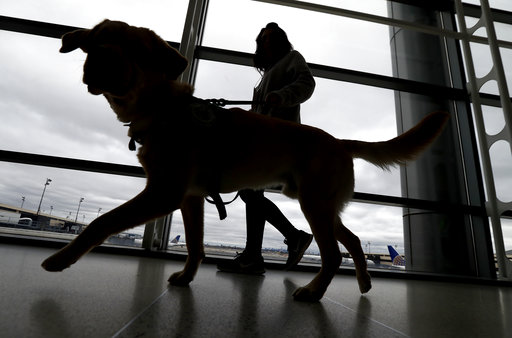America's Internet is slow and expensive, according to a new report which says that U.S. speeds and costs are eclipsed by South Korea, Austria and Romania. The reason? Lack of competition in the broadband industry.
The new report, The Cost of Connectivity from the New America Foundation's Open Technology Institute, compares Internet access in America cities with those of Europe and Asia and the U.S. doesn't fare well, according to the New York Times. The report uses a metric of downloading a high-definition film and that it took "about seven seconds in Seoul, Hong Kong, Tokyo, Zurich, Bucharest and Paris" with a cost is as low as $30.
In several large U.S. cities, the load time is 1.4 minutes and costs about $300, the report wrote.
Strangely, smaller cities such as Chattanooga, Tenn., Lafayette, La., Bristol, Va. and Kansas City (Kansas and Missouri) all had high speeds. However, in all the cities the Internet provider wasn't a cable or phone company. Instead, it was a local provider or startup. In the case of Kansas City, the high-speed Internet was courtesy of Google.
The reason why the Internet speeds are so slow is because they can be. Big cable and phone companies can get away with slow speeds and high costs because there's no competition.
“It’s just very simple economics,” Tim Wu, a professor at Columbia Law School who studies antitrust and communications and was an adviser to the Federal Trade Commission, told the Times. “The average market has one or two serious Internet providers, and they set their prices at monopoly or duopoly pricing.”
In Europe that has been halted because the government requires that those who own the broadband infrastructure to lease it out to rival companies. That seems very unlikely to happen in the United States which has labeled high-speed Internet as an "information service" rather than as telecommunications, so it remains unregulated. Rather than many companies vying for service and offering high speeds Americans mostly receive Internet access 10 times slower than in Seoul, Hong Kong or Paris.
U.S. & World
News from around the country and around the globe
“More competition, better technologies and increased quality of service on wireline networks help to drive down prices,” said Nick Russo, a policy program associate studying broadband pricing at the Open Technology Institute and co-author of the report.
The problem is that providers would need a lot of investment to upgrade their networks to faster fiber-optic and are loath to do so. Why spend money when your customers don't know any better?



